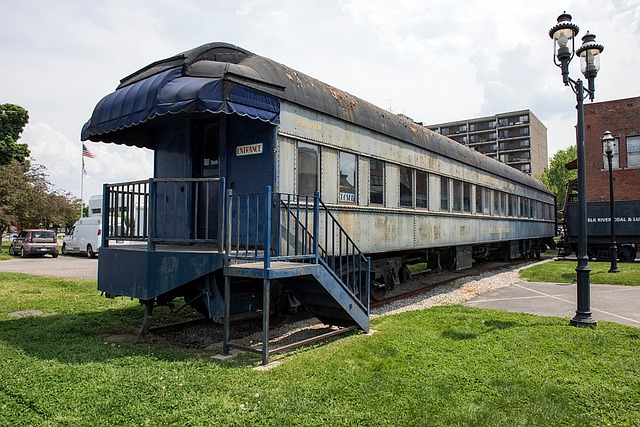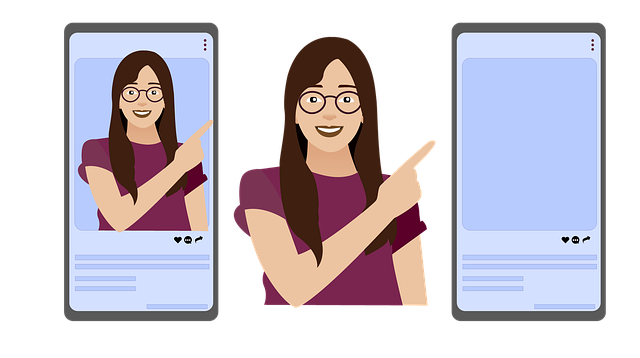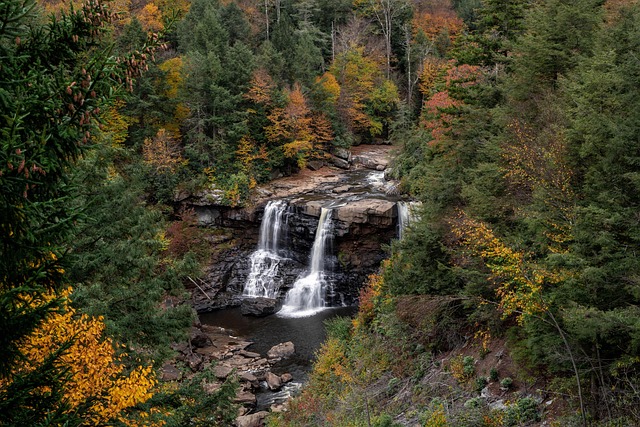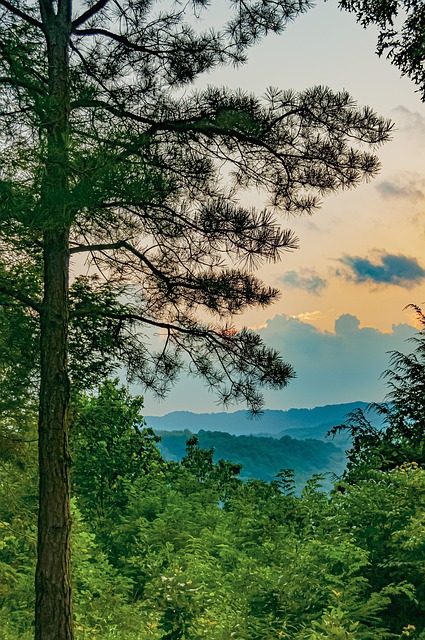Charleston, West Virginia, faces growing spam call challenges disrupting daily life and posing security risks. Local businesses collaborate with spam call lawyers to combat robocalls through education, advanced screening, community awareness, legal action, and understanding telemarketing laws. This unified front creates a safer environment for customers and employees while mitigating scams and identity theft threats.
In Charleston, like many areas across the nation, spam calls have become a persistent nuisance. These unwanted robocalls not only disrupt daily life but also pose challenges for local businesses. This article explores effective strategies for Charleston business owners to combat spam calls, focusing on legal avenues and community collaboration. By understanding the problem and leveraging resources, such as consulting with Spam Call Lawyers in West Virginia, businesses can protect their customers and contribute to a quieter, more peaceful environment.
Understanding the Spam Call Problem in Charleston
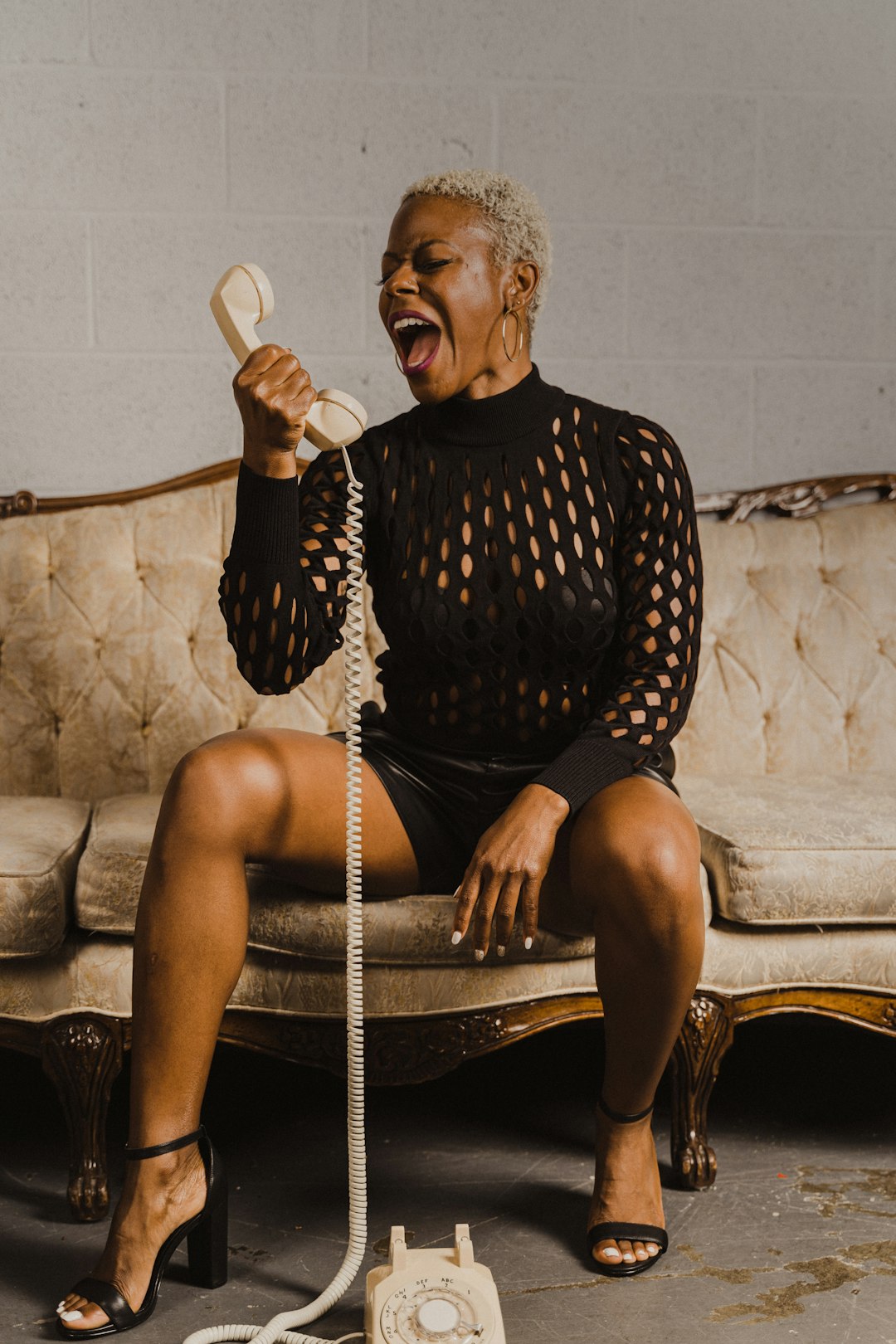
Charleston, like many cities across the country, has been grappling with the growing issue of spam calls. These unwanted and often fraudulent phone calls disrupt daily life, waste valuable time, and can even pose security risks. Residents and local businesses alike are affected by this pervasive problem. The source of these spam calls is diverse, ranging from automated robots to call centers operating in other states, including West Virginia, where laws governing such practices may differ.
The impact of spam calls extends beyond mere annoyance. They can be a gateway for scams, identity theft, and fraudulent marketing tactics. Many Charleston residents have reported receiving calls offering fake prizes, investment schemes, or even threats from unknown numbers. Local businesses, however, play a crucial role in combating this issue by educating their customers, implementing robust call screening systems, and encouraging community-wide awareness to identify and report suspicious calls. By joining forces, Charleston’s business community can make a significant difference in mitigating spam calls and enhancing the safety of its citizens.
Legal Strategies for Business Owners Against Spam Calls
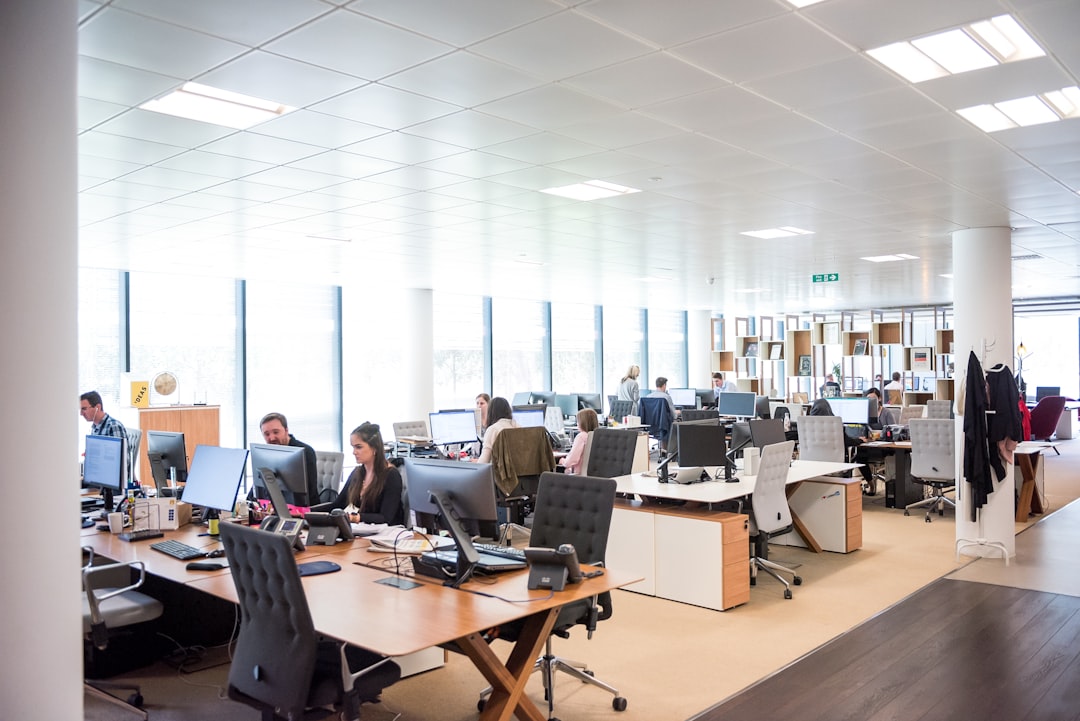
Many local businesses in Charleston, West Virginia, are frustrated by spam calls, which can be a significant nuisance and even pose security risks. Thankfully, business owners have legal recourse against these unwanted communications. Engaging the services of experienced spam call lawyers is one effective strategy to combat this growing problem. These legal professionals can help implement robust anti-spam measures, such as blocking numbers, registering for Do Not Call lists, and pursuing legal action against persistent spammer activities.
Understanding state and federal laws regarding telemarketing and consumer privacy rights is crucial. Local businesses can protect themselves by educating their staff about these regulations and ensuring they have the right tools in place to identify and block spam calls. By taking proactive measures and seeking guidance from spam call lawyers West Virginia, Charleston’s business community can create a safer, more enjoyable environment for customers and employees alike.
Community Efforts to Combat Unwanted Robocalls Together
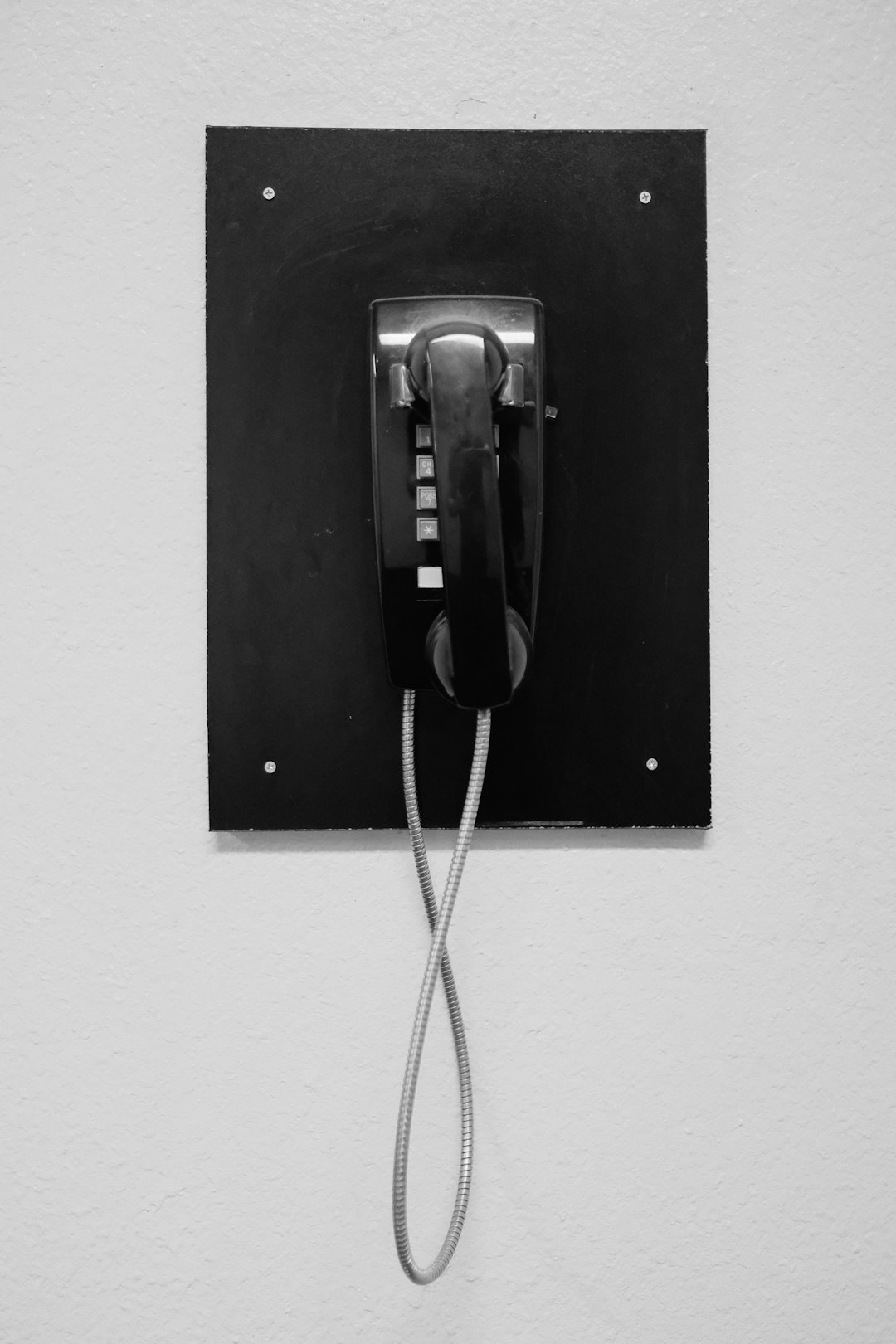
In Charleston, the fight against spam calls has become a collaborative effort among local businesses and residents. Many companies are now joining forces to combat this growing issue, which has been a significant nuisance for both business owners and consumers alike. By sharing resources, knowledge, and strategies, they aim to create a more robust defense against unwanted robocalls.
Local business associations and community groups have organized initiatives to educate their peers about the impact of spam calls and the available legal avenues to address them. With the help of West Virginia-based spam call lawyers, these collective actions not only provide much-needed support for businesses struggling with excessive spam but also contribute to a safer, more peaceful environment for Charleston’s residents.


